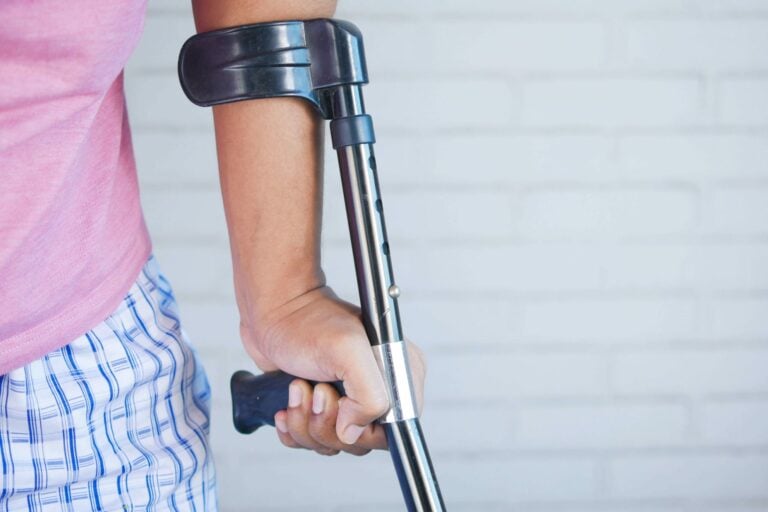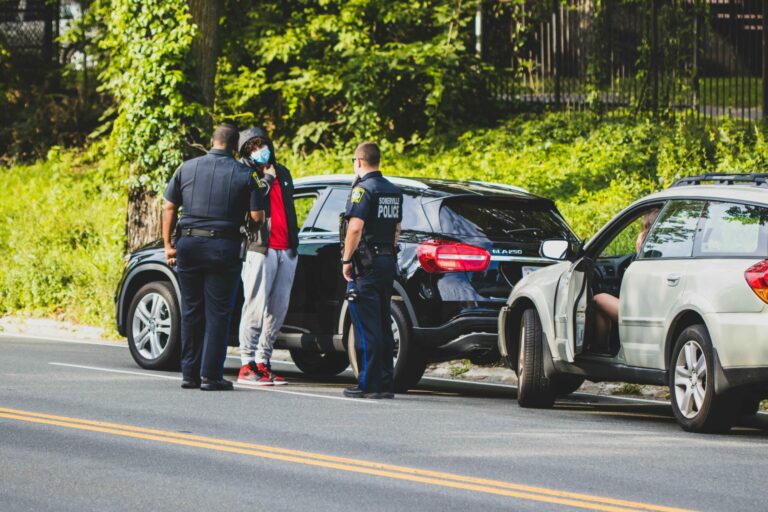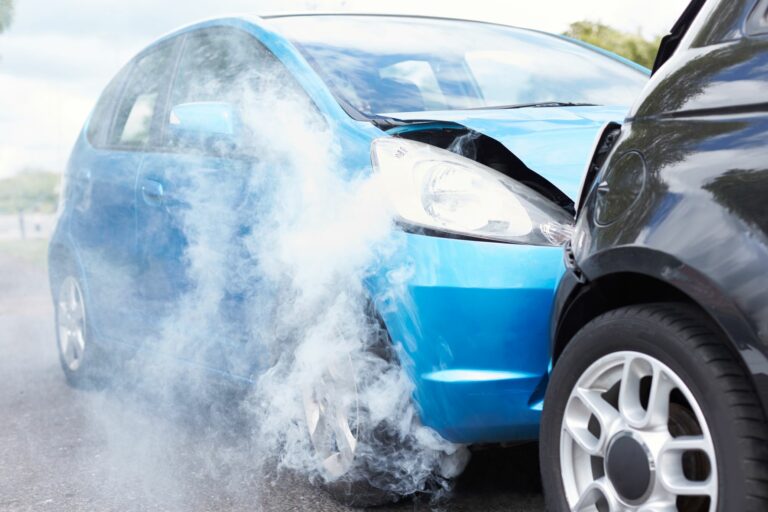What to Do After a Trucking Accident
If you have been in an accident involving a commercial truck, it was likely a major accident, potentially leaving you with serious injuries and financial damages. If the truck driver or trucking company is at fault in the accident, you can seek damages by filing a lawsuit.
In this guide, we’ll go through the damages you may be entitled to after a trucking accident and how to determine who is at fault for the accident.
Damages in a Trucking Accident
If you have endured a trucking accident, you may be entitled to compensatory damages. As its name suggests, compensatory damages are intended to compensate the victim for losses in an injury accident. Compensatory damages in a trucking accident lawsuit include both economic and non-economic damages.
Economic damages are those where a dollar value can be determined. They provide for the financial costs the victim has paid or will have to pay in the future. Economic damages in a trucking accident can include:
- Medical bills
- Lost wages
- ER treatment
- Lost earning capacity
- Prescription drugs
- Vehicle repairs
- Court costs
- Future medical treatment
- Loss of consortium for a spouse
- Medical supplies
With non-economic damages, it is more complex to assess a dollar value. These include physical and emotional losses that the victim has suffered. In a trucking accident, non-economic damages can include:
- Pain and suffering
- Physical disability or disfigurement
- Emotional distress
- Loss of enjoyment in life
Punitive Damages
In some cases, the victim may be able to claim punitive damages. These damages are meant to punish the at-fault party for negligence.
Be aware that punitive damages are not guaranteed. Instead, they normally apply when you can prove the accident was caused by malicious, intentional, fraudulent, or reckless actions of the truck driver or company.
Here are some examples of truck accidents open to punitive damages:
- Drunk driving: If the truck driver was under the influence of drugs or alcohol, they were acting both illegally and recklessly.
- Regulation violations: In this situation, you need to prove that a company intentionally neglected various regulations. This can be difficult to prove as you often need a long record of intentional non-compliance.
- Employing unsafe drivers: It is a trucking company’s responsibility to perform background checks on its drivers to ensure a clean driving history. If a trucking company hires someone with a poor driving history, they failed to do their due diligence and the accident could have potentially been prevented.
- Destroying evidence: Because receiving punitive damages requires providing evidence of malicious, intentional, or reckless action. In situations where the driver or the trucking company has taken steps to destroy evidence, you can receive even more punitive damages if you are able to prove that fraud took place.
Determining Fault in a Trucking Accident
Fault in motor vehicle accidents is determined by negligence. Any negligent truck driver will be liable to other drivers, passengers, or pedestrians for any damages caused by an accident.
In normal accidents, driver negligence can be shown by violating a traffic law or failing to drive with due care, but in a trucking accident, the trucking company’s negligence can also be a cause of the accident.
Truck Driver’s Fault
Under California law, a negligent driver is liable for any injuries and damages caused to another. When filing a personal injury lawsuit, the plaintiff has to prove the defendant was negligent in causing the accident. Negligence in California includes:
- The truck driver owed the victim(s) a duty of care
- The truck driver breached the duty of care
- The driver’s breach was a substantial factor in causing the victim’s injuries
The duty of care for driving in California requires the driver to:
- Use reasonable care when operating the vehicle;
- Look out for pedestrians, obstacles, and other vehicles
- Control the speed and movement of the vehicle
Many accidents involving semi-trucks and tractor-trailers are the result of the driver failing to use reasonable care. Some examples include:
- Speeding
- Improper lane changes
- Not obeying traffic signals
- Distracted driving;
- Driving under the influence of drugs
- Failure to yield the right-of-way
- Texting while driving
If any of these traffic violations was a substantial factor in causing the accident, the truck driver may be liable for any injury or damages.
Trucking Company’s Fault
The trucking company can also be negligent in causing a truck accident. This may involve intentionally or recklessly violating transportation regulations or safety requirements to reduce costs or earn higher profits.
When these violations contribute to a trucking accident, the trucking company may be liable for any injuries or damages. Some common examples of trucking company negligence include:
- Failing to maintain trucks and trailers
- Overloading trailers
- Allowing for overweight vehicles
- Negligent hiring and training of employees
- Allowing trucks to take on unbalanced cargo
- Encouraging driver’s to violate hour and sleep restrictions
- Allowing driver to operate in violation of safety laws
- Negligent retention of problem employees
What to Do If a Child or Spouse Was Killed in a Trucking Accident
If a child, spouse, or other family member is killed in a trucking accident, the surviving family members may be able to file a lawsuit under California’s wrongful death laws.
While the deceased is not alive to file a personal injury claim, wrongful death lawsuits allow the family to file a claim to seek damages for their loss.
Damages involved in a wrongful death lawsuit can include:
- Burial expenses
- Funeral costs
- Lost of financial support that the deceased would have provided to the family
- Compensation to the family for the loss of support, protection, and guidance
Filing a Lawsuit After a Trucking Accident
Victims of a trucking accident typically have two years to file a claim in civil court for damages. However, the statute of limitations can be longer or shorter depending on the situation.
For example, personal injury claims filed against the state of California may only have a statute of limitations of six months. As such, it is important to talk to a lawyer as soon as possible to ensure that you file your lawsuit in time.
An experienced personal injury attorney understands the rules and regulations of the trucking industry and knows how to uncover any violations by the truck driver and trucking company.
Contact Hann Law for Help
If you have been injured in a trucking accident, Hann Law can help provide the justice you deserve. We have a proven track record of success throughout California and are here when you need us the most.
Contact us today to learn more about our expert personal injury legal services and let us fight to get you the justice you deserve.






